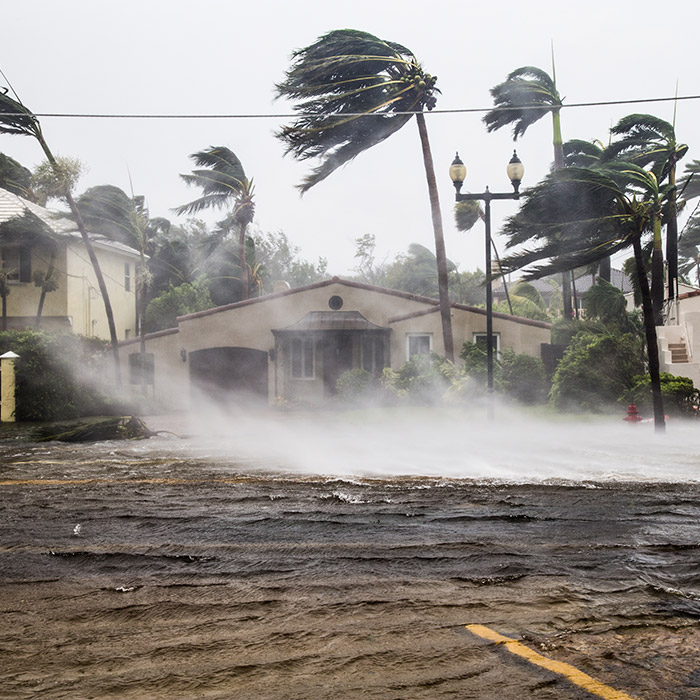Global Environmental Health

Global Health Impacts of Tropical Cyclones
June 01, 2023
Expert: Robbie M. Parks, Ph.D., Columbia University
In the United States and worldwide, weather systems called tropical cyclones — which include hurricanes and typhoons — have had devastating effects on society. As the climate warms, scientists project that intensifying rainfall and storm surge associated with tropical cyclones will raise the likelihood of coastal flooding. About a tenth of the world’s population lives in low-lying coastal areas less than 33 feet above sea level, indicating that tropical cyclones are an important global health concern.
In this episode, we will hear from Robbie M. Parks, Ph.D., an NIEHS grantee and an assistant professor of environmental health sciences at Columbia University. Parks has studied the short- and long-term public health impacts of hurricanes and other tropical cyclones on different communities. He will discuss with us how these storms affect health and describe the implications for community recovery and resilience.

Robbie M. Parks, Ph.D., is an environmental epidemiologist with diverse experience in large-scale multidisciplinary quantitative research focused on climate-related exposures, public health, and equity. He is a tenure-track assistant professor of environmental health sciences at Columbia University Mailman School of Public Health, an NIEHS grantee, and the lead instructor of the Columbia University SHARP Course Bayesian Modeling for Environmental Health. From 2019 to 2022, he was a Columbia University Earth Institute and Climate School postdoctoral fellow with Marianthi-Anna Kioumourtzoglou, Ph.D. Parks completed his Ph.D. at the School of Public Health at Imperial College London with Majid Ezzati, Ph.D., and Ralf Toumi, Ph.D. in 2019 and has bachelor’s and master’s degrees in physics from the Keble College, University of Oxford. Parks is a proud first-generation academic and an Agents of Change in Environmental Justice Fellow.


